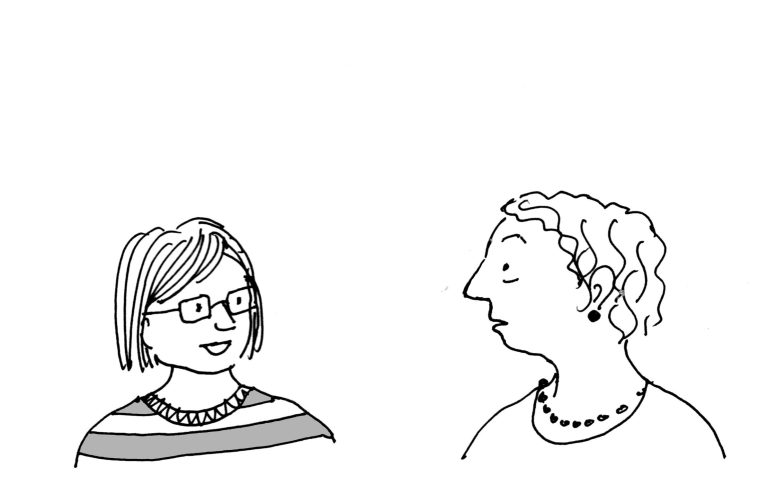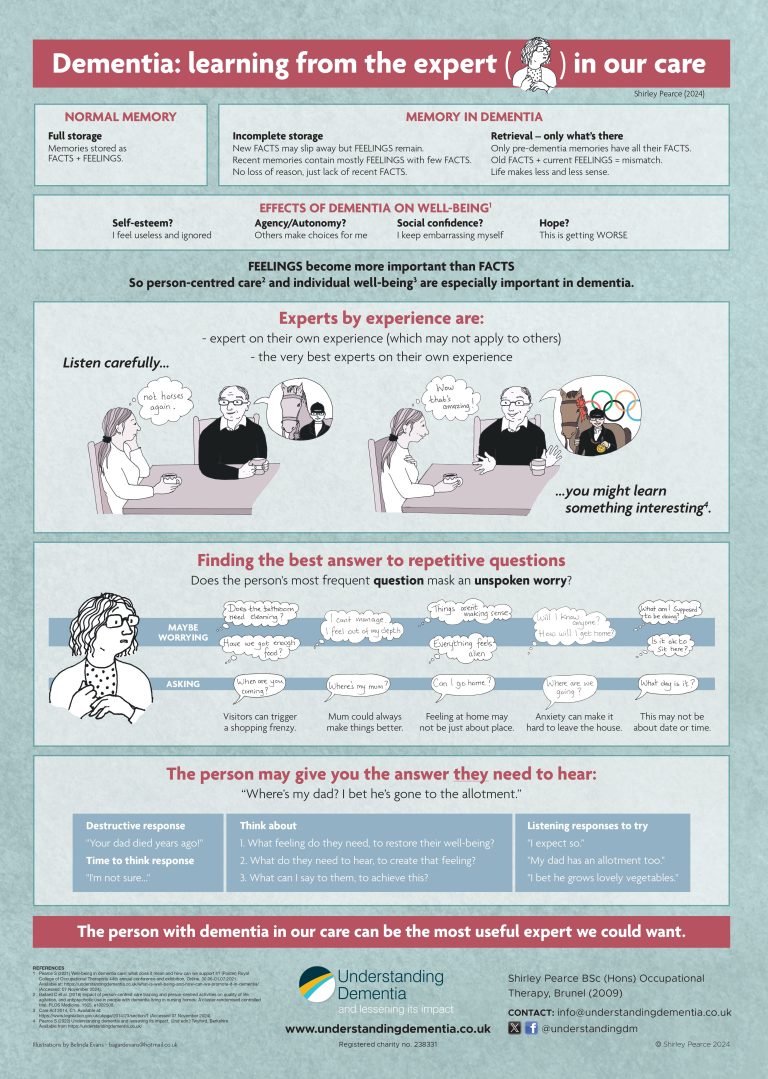Lavatorial language and loo lingo: where is it you desperately need to go?
Urination and defaecation, aka weeing and pooing, are essential activities of daily life. We normally take them for granted, and expect them to happen whenever we need, and in private.
As long as it’s all ‘going’ fine, we hardly think about it. Until, that is, our gut speeds up in diarrhoea, or grinds to a halt in constipation. Then ‘going’ becomes an all-consuming activity and being in the right place can become more urgent or more difficult.
For those who need the help of carers, communicating these needs can be fraught with difficulty. Misunderstanding these most basic needs can lead to avoidable ‘accidents’, constipation or preventable incontinence. These problems can become permanent. Embarrassment can prevent the person from asking in time, but then delays lead to a desperate rush to get there, with increased risk of falling.
When I was growing up ‘it’ had two names. It was the ‘lavatory’ at home (‘toilet’ was considered vulgar) but the ‘toilet’ at school (‘lavatory’ was considered old-fashioned). When I had my tonsils out in hospital at age five, the nurse asked if I’d like to ‘spend a penny’. I was excited at the thought of buying myself a treat, and disappointed when the penny didn’t materialise!
It’s important to use correct terminology for this vital function. And by ‘correct’ I mean ‘clearly understood’. Once I’d learned which term to use where, switching between them was no problem. And of course there were other variations. At Guide camp, we went to the ‘lats’ (latrines) and on the way there, we went behind a tree.
My father’s preferred formal medical language caused difficulties in his nursing home.
He said ‘I can’t make the carers understand. When I said I needed to have my bowels open, they just looked blank. I tried saying “I want to pass a motion”, but that didn’t work either.’
So at the age of 92, Dad had to learn a new language that our family called ‘Carespeak’, and use words like ‘wee’ and ‘poo’ if he was to get his needs met. He had a good memory and no cognitive impairment, so he managed it.
I can’t think how he’d have coped if he’d had dementia. No – actually, I know exactly what would have happened. He would have had been made incontinent and they would have put him in nappies.
Working in dementia care, I generally take my lead from the clients. This means learning their words and gestures. One man used to fidget with his waistband, Another hummed a certain tune.. And there was one who always looked around, as if searching for the right door.
We also need to understand their euphemisms. The place can be ‘the rest room’, ‘the head’ (as on board ship), or ‘the smallest room’. They may want to ‘see a man about a dog’, ‘powder their nose’ or just ‘go somewhere’. Once there, they might ‘have a leak’, ‘show Percy the porcelain’ or perhaps ‘make a deposit’. In Cockney rhyming slang, they might have ‘a Jimmy’ (Riddle) or ‘a pony’ (and trap). The possibilities are endless and we must be prepared to go with the flow (as it were…)
For a care worker who is not a native English speaker, multiple variations of the language are especially challenging. For either party, unfamiliar words pronounced in a strong accent present difficulties. And copying the client’s own phraseology is not straightforward. If your client talks in expletives, you may pick up highly inappropriate language!
But using Diversity Awareness or Political Correctness as excuses to ignore this issue won’t help anyone. It is serious and can lead to distress, loss of dignity and even long-term physical or mental health problems.
Perhaps it’s time to start including this topic in care workers’ basic training. We could encourage care workers to listen out for unusual lavatorial lingo…
See our website for more information on our training for health and care professionals.



